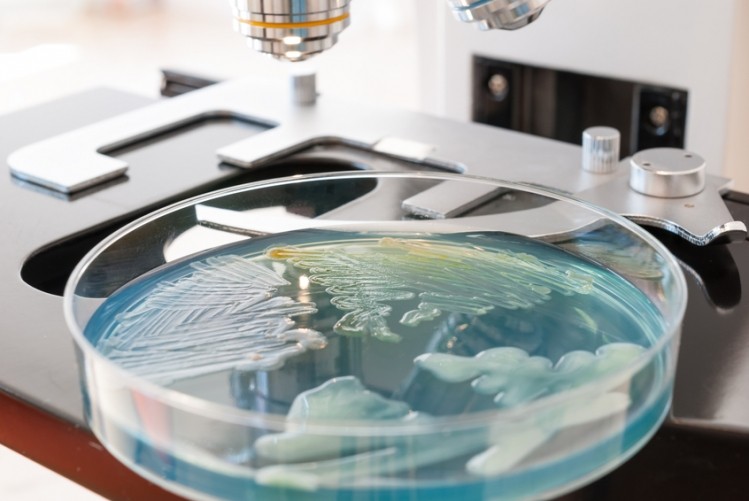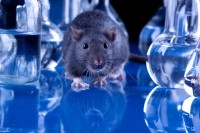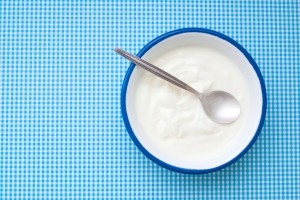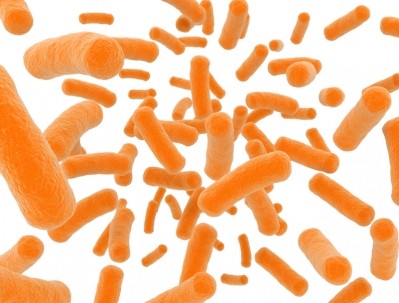Cultured thoughts: The emerging areas of probiotics and prebiotics

The benefits of probiotics on vaginal health is an area making significant headway, according to Dr Gregor Reid, professor of microbiology, immunology and surgery at University of Western Ontario, who is currently undertaking further research in this area.
Dr Reid was co-author of a recent study that suggested Lactobacillus probiotic strains were able to restore homeostasis when used with antibiotics in treating bacterial vaginosis (BV).
“We have shown that conjoint administration of probiotic Lactobacillus reuteri RC-14+L. rhamnosus GR-1 induces an increase in the relative abundance of indigenous vaginal lactobacilli in women with BV.
“Given that current recommended treatment is not preventing the recurrence of urogenital infections, understanding how probiotics restore homeostasis and interfere with pathogenesis is worthy of further study.”
Additional research has pointed to probiotics as an aide to antibiotics in removing pathogens from vaginal mucosa, where they may hold benefits for the local microflora.
Dr George Daskalakis of the Alexandra Maternity Hospital at the National and Kapodistrian University of Athens in Greece has been researching the influence of vaginal probiotics as an aide to standard antibiotic treatment in women with preterm premature rupture of membranes (PPROM).
“We believe that probiotics can be used as an adjunct to antibiotics or following antibiotics in PPROM cases, as they may restore the vaginal microbiota and thus prolong pregnancy,” said Dr Daskalakis.
“What seems to be promising is that this specific Lactobacilli strains given trans-vaginally can prolong the latency period after PPROM.”
Gut feelings

Much research has focused on the use of probiotics in treating symptoms of depression and other mental conditions.
A recent systematic review strengthened this claim by showing certain commercially available probiotic strains can impact central nervous system disorders.
“The research is extremely interesting and has a lot of potential as (good) probiotics are safe,” said Dr Glenn Gibson, professor of food microbiology and head of food microbial sciences at Reading University in England.
“I think there may be probiotic effects on cortisol as well as the production of generally favourable metabolites.”
Others were more cautious.
“Too much of the data have come from rodent studies and not so far translated to humans,” said Dr Reid. “Until human studies definitively show effects against depression or other mental illnesses, the jury will be out. I think this has potential, and I believe probiotic bacteria can induce signalling along the vagus nerve, not just from the gut. But for now, consumers cannot dispense of pharmaceutical therapy with probiotics.”
Tech-tonic shift
It’s not just the potential of these microbes and ingredients in focus. The development of technology and research methods to further explore the potential of prebiotic and probiotics has also become a priority.
Researchers are only beginning to fully utilise non-invasive molecular methods such as the use of exfoliated epithelial cells in determining probiotic mechanisms of action.
In addition, more technical-based solutions such as uBiome’s uSmartGut, a sequencing-based microbiome screening test that identifies key pathogenic and commensal microorganisms in the gut, are now making data available in a fraction of the time.
The emergence of research looking into the transcriptome – the set of all messenger RNA molecules in one or a population of cells, was earmarked by Dr Reid as an area of promise.
Transcriptomic studies use high-throughput methods, such as microarray analysis that identify genes expressed in certain cell populations, or in response to different treatments.
As a result of the development of advanced DNA-based techniques, researchers have discovered more than 1,100 bacteria species and were able to analyse their functional properties as related to conditions like type 2 diabetes mellitus, cardiovascular disease and obesity.
“Transcriptomic studies should help determine which bacteria are benefitting from prebiotics,” commented Dr Reid. “But such studies are expensive and require a lot of bioinformatics expertise that is not widely available.”
African mission
Dr Reid has also been central to a project in sub-Saharan Africa, which delivered nutrient-rich probiotic yoghurt or milk to boost infant and child nutrition.
In April, the Canadian International Food Security Research Fund backed this initiative to the tune of $1.45 million (€1.25m), which permit infants, children and adults access the food through ‘community kitchens’ in Uganda, Tanzania and Kenya.
Currently, more than 35 kitchens produce around 7,000 litres of yoghurt per week, which starts off as a freeze-dried 1 g sachet costing 40 centimes.
These sachets contain Lactobacillus rhamnosus Yoba (the generic form of LGG), Streptococcus thermophilus and/or Lactobacillus rhamnosus GR-1 donated by Reid, Danish probiotics giant Chr Hansen and CSK Food Enrichment in the Netherlands.
These bacterial strains have been shown in studies to reduce rates of neonatal sepsis and necrotising enterocolitis and diarrhoea
“Our project, ‘Fermented food for life’ with Heifer International, Yoba-for-life and Jomo Kenyatta University of Agriculture and Technology has reached over 100,000 people taking probiotic yoghurt daily. Each sachet can allow local producers to make 100 litres of fermented milk,” he said.
“This project is the first of its kind, and shows that while companies don’t include Africa in their expansion in a $50 billion (€46 billion) probiotic global market, it is possible to provide affordable health-promoting foods through empowerment of local people, even those below the poverty line.”

















